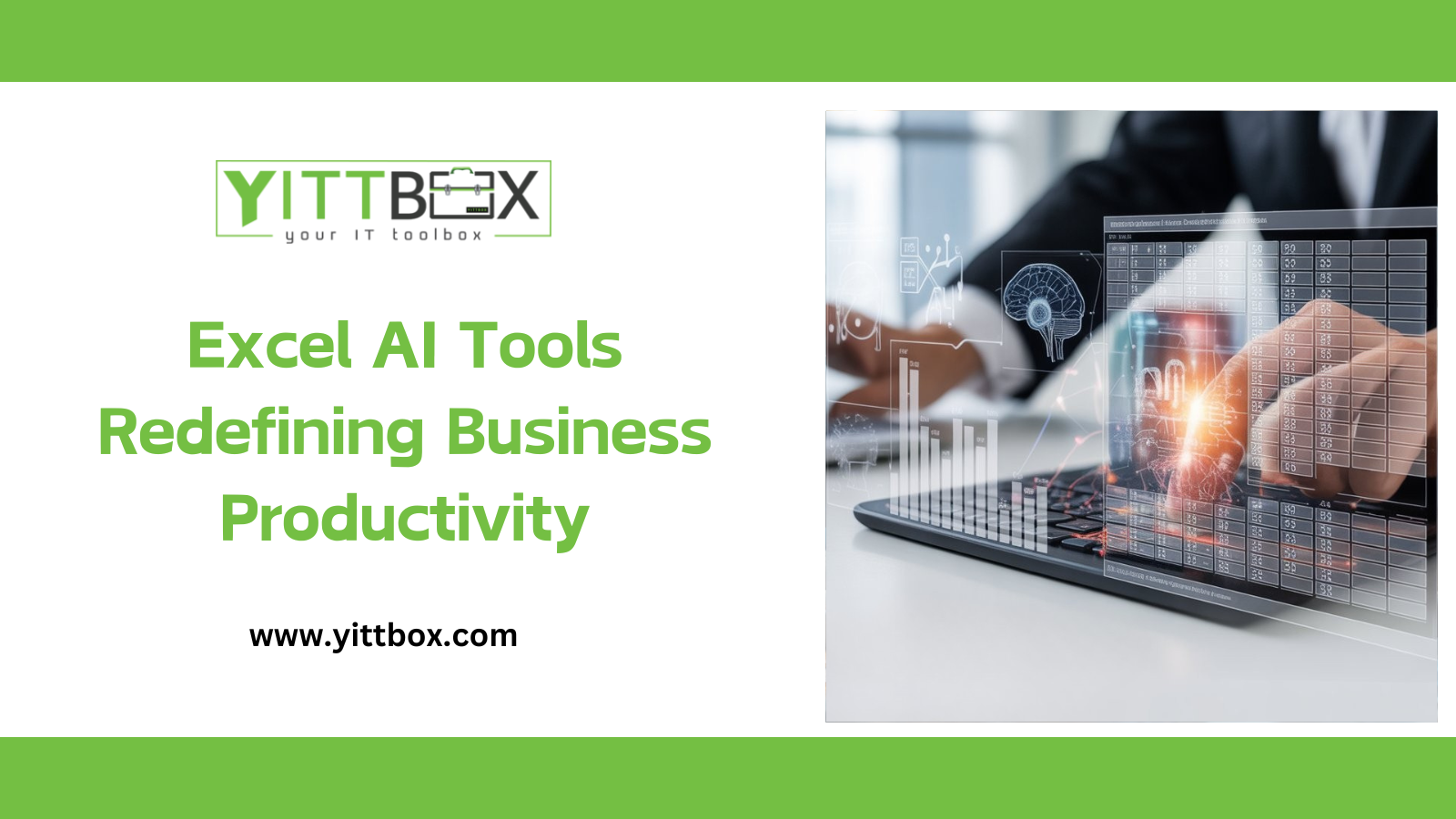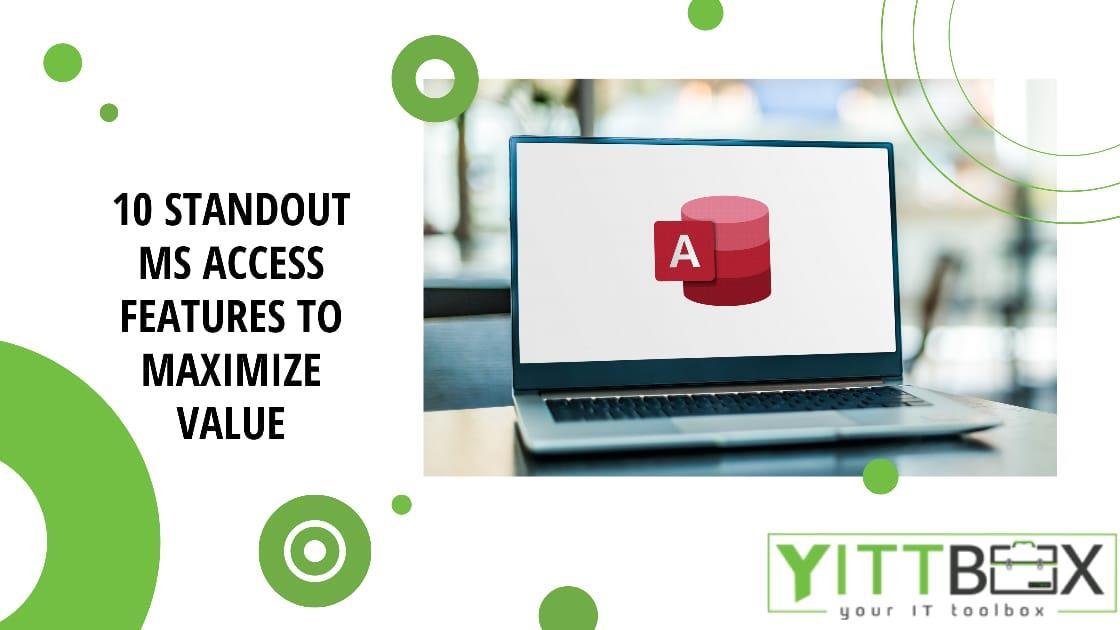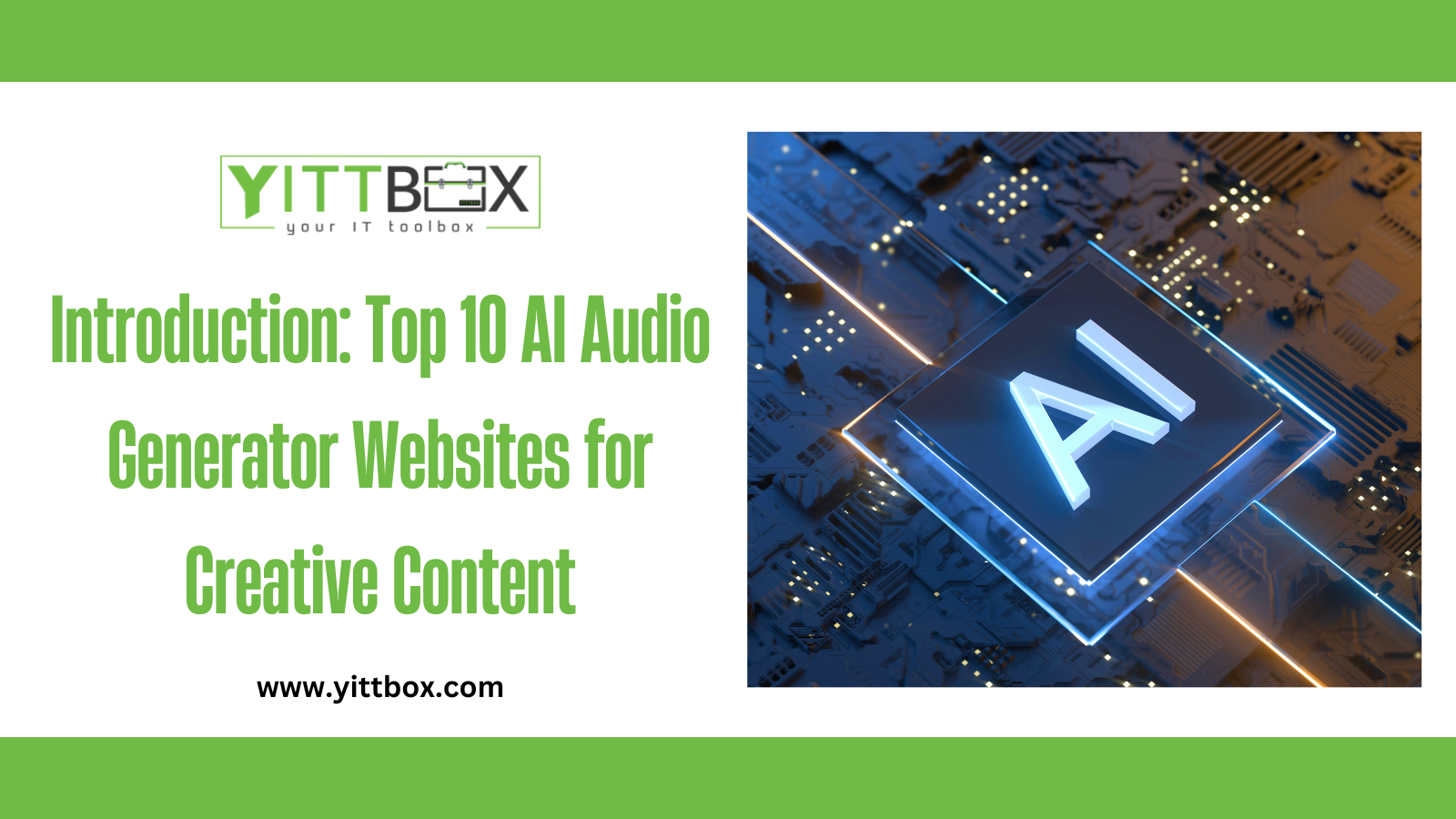Excel AI Tools Redefining Business Productivity
Excel is no longer just a spreadsheet tool, it’s evolving into an intelligent workspace that understands your data, anticipates your needs, and automates repetitive work. With powerful AI-driven features, Excel is redefining how professionals handle data, freeing up time for meaningful decision-making instead of manual number crunching.
The New Face of Productivity
Today’s businesses run on speed and accuracy. Excel’s AI capabilities help teams achieve both. From detecting data patterns to suggesting formulas or visuals automatically, these features minimize errors and accelerate workflows. What once took hours of manual effort can now be completed in minutes, helping businesses operate smarter, not harder.
Analyze Data: Insights Without the Effort
The Analyze Data tool (previously called “Ideas”) is Excel’s built-in analyst. It scans your spreadsheet, finds key trends, and presents insights in a clean, visual format. You can even ask natural questions like “What’s driving sales growth?” and Excel instantly generates charts and summaries, no formulas, no macros, just answers.
Copilot and AI-Powered Formulas
Excel’s new Copilot feature brings AI-driven assistance directly into your workflow. By typing natural language prompts, users can create complex formulas, summarize data, or build instant reports. It’s like having a personal data expert available on demand, making analysis faster and more intuitive than ever.
Power Query: Smarter Data Preparation
Data cleaning has always been a tedious part of analysis. Power Query changes that. It allows users to connect, clean, and organize data visually. Tasks such as removing duplicates, splitting columns, or merging tables can be recorded once and reused, ensuring consistency and saving countless hours every week.
Office Scripts and Power Automate: Automation at Scale
Repetitive Excel tasks are now a thing of the past. Office Scripts and Power Automate bring modern, code-free automation to the web version of Excel. You can record actions, create custom workflows, and trigger them automatically, for example, refreshing reports daily or notifying teams when data changes. It’s automation that runs quietly in the background, keeping your operations seamless.
Advanced Analysis: Dynamic Arrays and Power Pivot
For teams ready to go beyond the basics, features like Dynamic Arrays and Power Pivot make advanced modeling accessible. These tools enable users to build complex relationships, generate real-time insights, and manage large datasets, all within the familiar Excel interface.
Collaboration and Security in the Cloud
Excel now integrates deeply with Microsoft 365, allowing real-time collaboration while maintaining enterprise-level security. Multiple users can work on the same file simultaneously, while version control, access permissions, and OneDrive integration ensure your data stays safe and organized.
Real-World Impact
Companies across industries are already benefiting. Finance teams automate month-end reporting. Sales teams generate instant performance dashboards. HR departments analyze workforce trends without relying on IT. Each example highlights how Excel’s AI features transform manual, time-consuming tasks into automated, insight-driven processes.
When to Scale Beyond Excel
While Excel’s AI features are powerful, large-scale data projects might require integration with tools like Power BI or Azure. Excel’s strength lies in flexibility and speed, perfect for analysis, prototyping, and daily operations, while more complex systems can handle enterprise-level analytics and automation.
Getting Started with Excel AI
-
Identify manual tasks that slow your workflow.
-
Use Power Query to automate data preparation.
-
Try Analyze Data for quick insights.
-
Leverage Copilot for formula creation and summaries.
-
Record repetitive actions with Office Scripts and schedule them in Power Automate. Each small step builds momentum toward a more automated, data-driven way of working.
Conclusion
Excel’s AI evolution represents a new era of productivity, where data analysis becomes effortless, and automation runs quietly in the background. By embracing these tools, businesses can move faster, make smarter decisions, and empower teams to focus on what truly matters: strategy, creativity, and growth.








